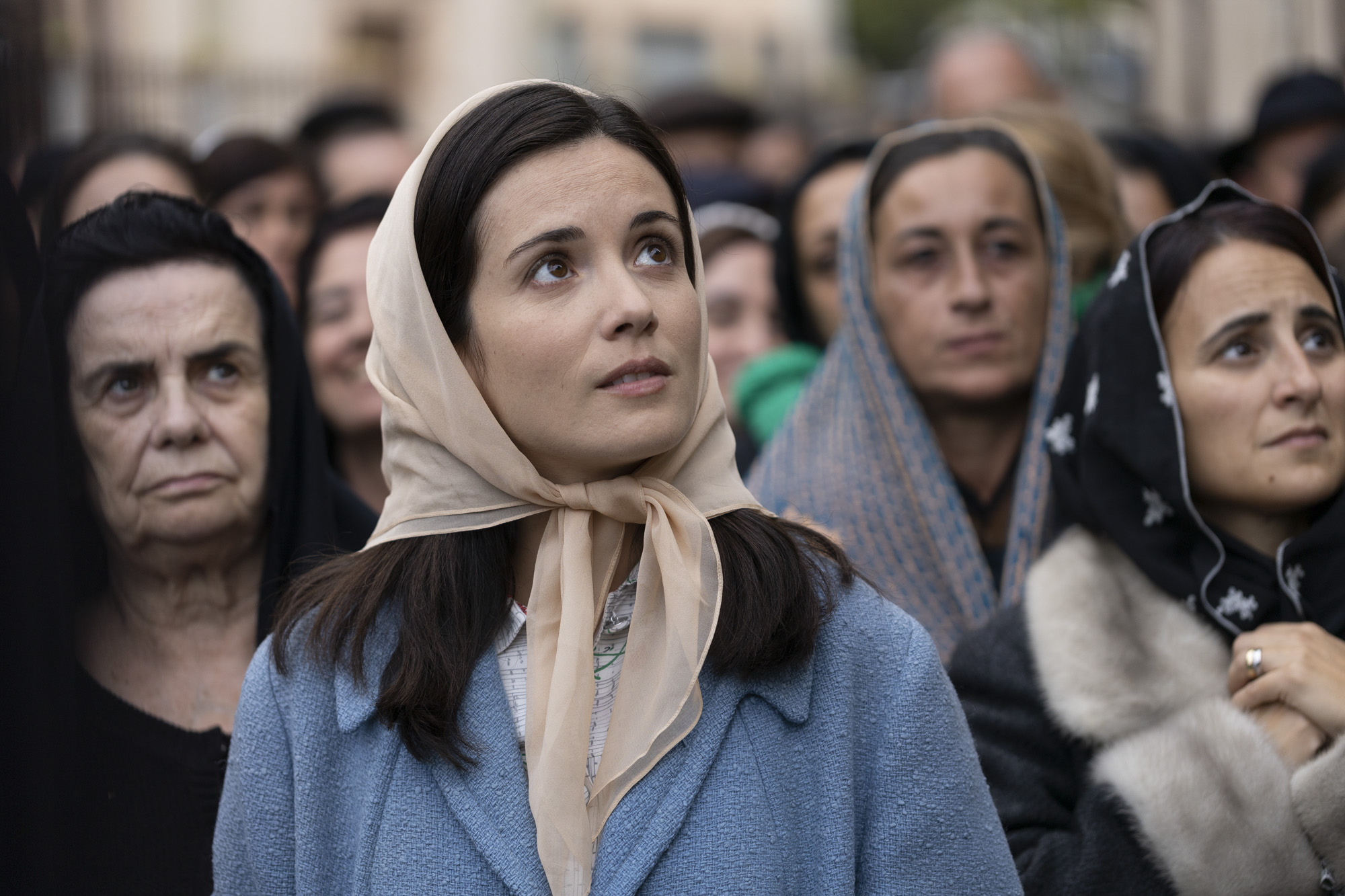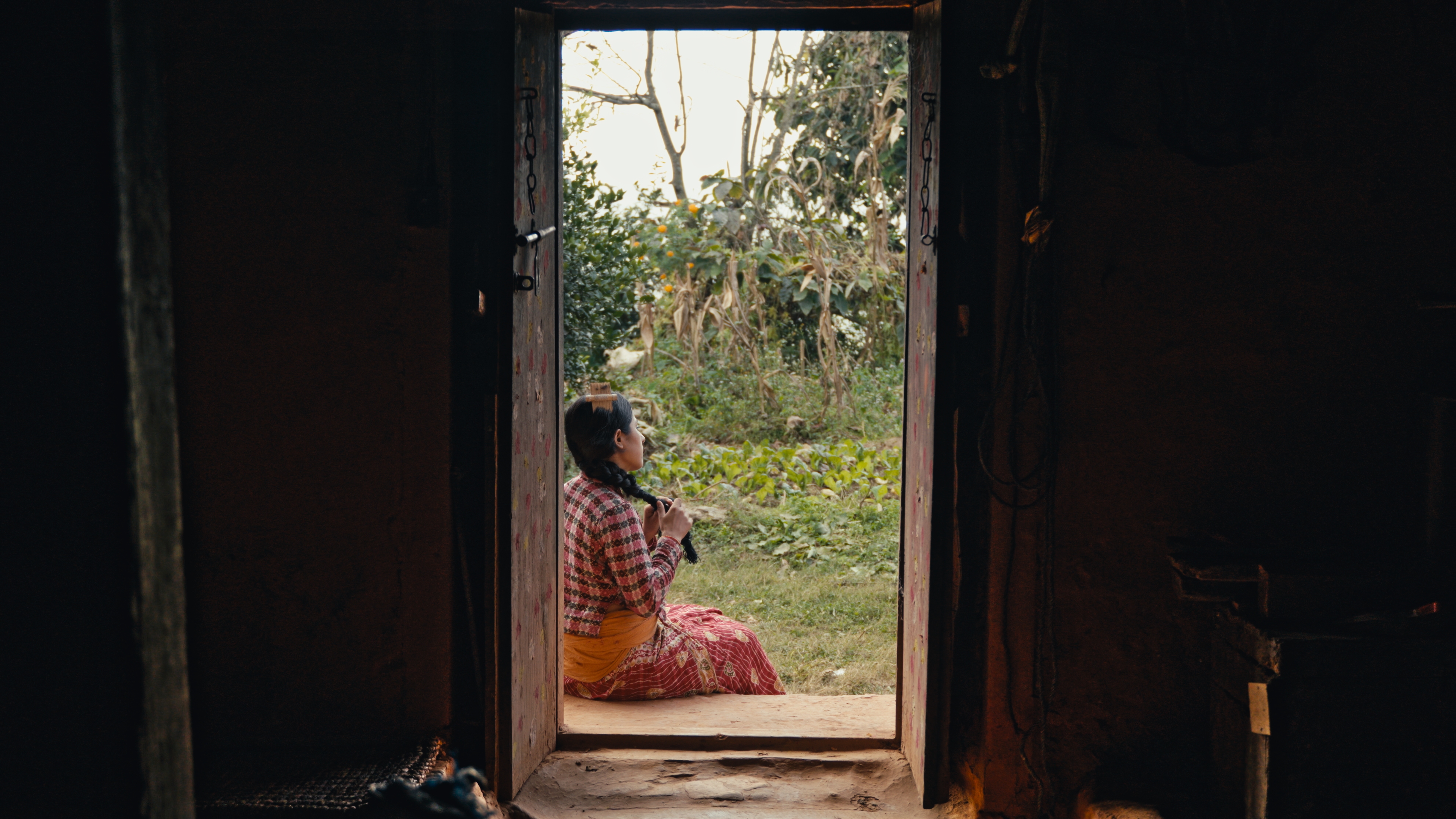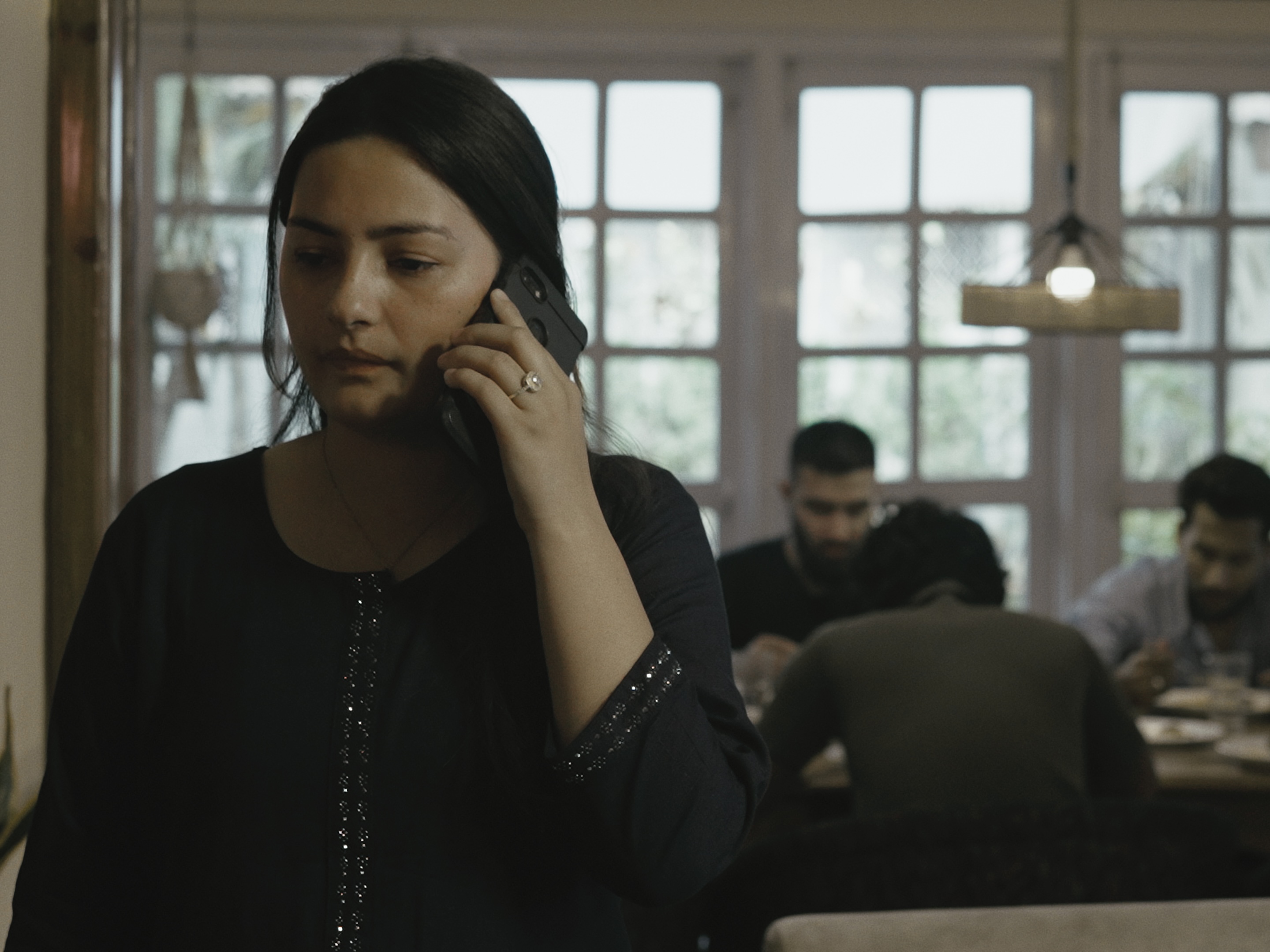Movies
Cinema that speaks for women
What do a rural Italian village, a Nepali hillside home and a Kathmandu living room have in common? At this year’s EU Film Festival, the answer is clear: women fighting to be heard in societies that silence them.
Britta Gfeller
A woman standing in the dark, barefoot. Her husband looks at her from a distance, then tosses her a bundle in a white towel—her baby. The woman tries to catch it. But it lands on the ground with a dull thud.
This powerful scene is the opening of ‘Abyss’, one of the 25 movies shown at The European Union Film Festival in Nepal (EUFF). The 14th edition of the festival aims to showcase the strength that lies in diversity, as the organisers said at the opening ceremony. They want people to travel across borders and find shared humanity.
The two-day festival drew a full house at all screenings, with more than 1,800 viewers enjoying the films.
What stood out was that many films—from renowned directors and students alike, from Europe and Nepal—addressed topics of women’s self-determination and society’s expectations of women.
The Girl from Tomorrow
The EUFF opened with a powerful Italian drama set in the 1960s. The young woman, Lia Crimi (Claudia Gusmano), lives in a small village in southern Italy with her parents and her little brother. When she does not reciprocate the attention of Lorenzo Musicò (Dario Aita), who comes from a wealthy and powerful family, the young man kidnaps and rapes her.
According to the customs of the time, Lia is now forced to marry him to save her honour. But Lia refuses and instead takes Lorenzo to court. The film shows how Lia and her family must fight against the hostility of the community, the Musicò family and even representatives of the church to obtain justice.
‘The Girl from Tomorrow’ is deeply moving—even more so as it is based on the real-life story of Italian woman Franca Viola, the first woman in Italy to refuse to marry her rapist and who became a symbol of the emancipation of women. The law whereby a rapist could erase his crime by marrying his victim was not abolished in Italy until 1981. The empathetic film honours the people who stood up against this injustice—even when it meant putting themselves at risk.
Director: Marta Savina
Language: Italian
Year: 2022
Duration: 1 hour 37 minutes

What Grows in Thari Maila’s Vegetable Garden?
Nine short films from Nepali students were shown at the EUFF. One of them is ‘What Grows in Thari Maila’s Vegetable Garden?’ by director Patrika Ghimire. The film follows a young woman, played by the director herself, living in a rural area in a house with a lush garden. As her neighbours say, no one grows vegetables as delicious as hers. But the beautiful plants hide a secret that the woman will carry with her for the rest of her life. And the man she is sharing her life and her secret with is not who he first appears to be.
With beautiful, yet unsettling images, the film explores profound topics such as self-determination, grief and the female body. The unease intensifies as the audience learns more about what the woman is going through. With no dialogue except for a narration from the protagonist, viewers can delve into her thoughts, feelings, and struggles, while much is left to the audience’s interpretation, which forces them to confront their own views.
This is a strong debut film by Patrika Ghimire. ‘What Grows in Thari Maila’s Vegetable Garden?’ won the award for the best student film at the EUFF. In their statement, the jury writes, “This is a film that has chilled our hearts and provoked our minds. The topic it explores is difficult and rooted in deep social realities, yet the director approaches it with creativity, courage, and originality”
Director: Patrika Ghimire
Language: Nepali
Year: 2025
Duration: 14 minutes

Abyss–Beneath the Blues
This short film by student Akriti Dhungana received a special jury mention. It follows Richa (Mira Khadka), a young mother battling postpartum depression while trying to function in an environment that does not understand her pain and struggle. While her baby is at her mother-in-law’s, she is convinced by her husband to attend a party, where the only subject seems to be her baby.
Even though her friends mean well, Richa is overwhelmed by the burden placed on her and by her own expectations of herself as a mother. She breaks down. Her husband (Sudhan Pokharel) is caring, but he does not seem to understand what his wife is going through. In the end, Richa only sees one way to end her suffering.
The film concludes with a powerful poem, prompting questions such as whether we ever truly see one another and whether we ever allow ourselves to be seen. An important film that addresses a topic still taboo in many social circles.
The jury praised Abyss as “a visionary directorial work, marked by refined performances and strong technical craftsmanship. The protagonist’s reflective silence speaks volumes about unspoken struggles, bringing attention to an often-overlooked issue.”
Director: Akriti Dhungana
Language: Nepali
Year: 2024
Duration: 12 minutes
The EUFF will continue in Pokhara on November 22 and 23 at the QFX Trade Mall, Chipledhunga. All nine Nepali short films, six BAFTA-nominated shorts, and five European feature-length films will be screened at the Pokhara programme. Entry for the screenings is free.





 22.26°C Kathmandu
22.26°C Kathmandu











